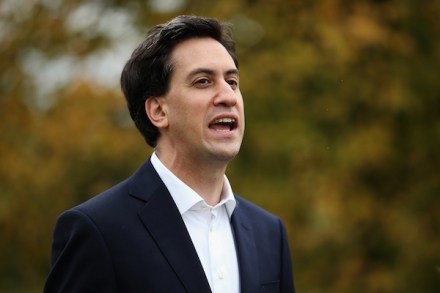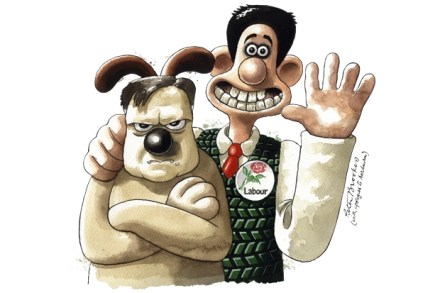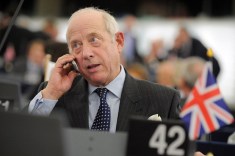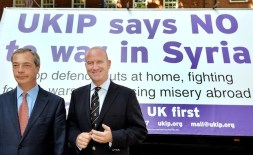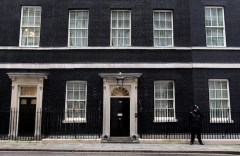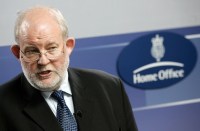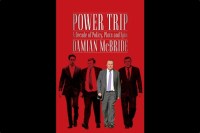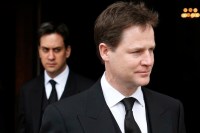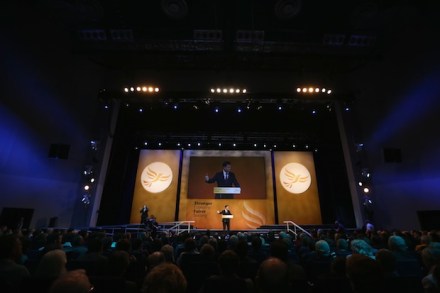Ed Miliband’s seaside start
Ed Miliband’s interview on the Andrew Marr show neatly summed up the Labour leader’s problems in cutting through. Marr started with a series of questions about Miliband’s plans to change Labour’s relationship with the unions. This might be an important issue but it is hardly one of paramount interest to the electorate and every minute Miliband is speaking about this, he can’t be speaking about other things. The next distraction is the whole Damian McBride business. Indeed, Miliband telling Marr that he’d told Brown to sack McBride is the BBC News headline on the interview. Miliband also had to fend off a whole host of questions about why his poll
